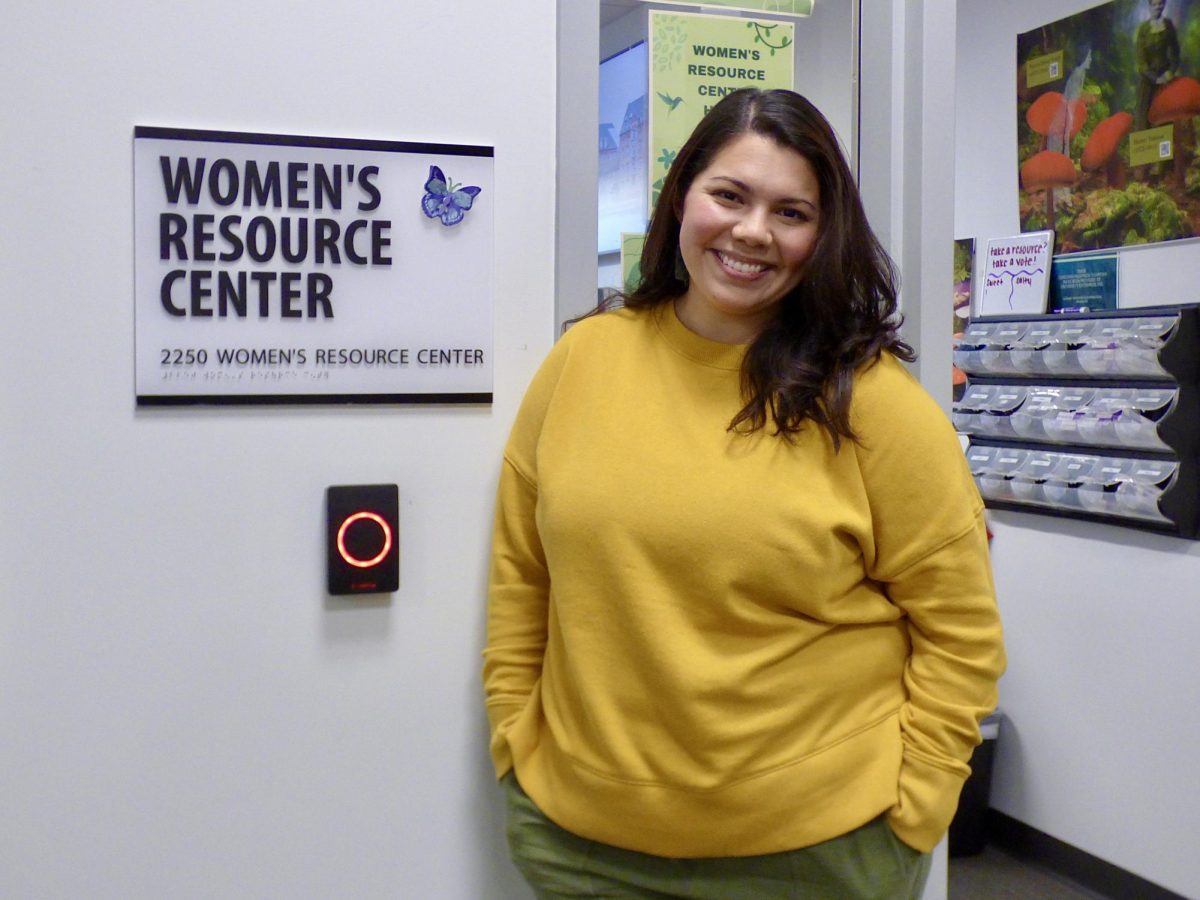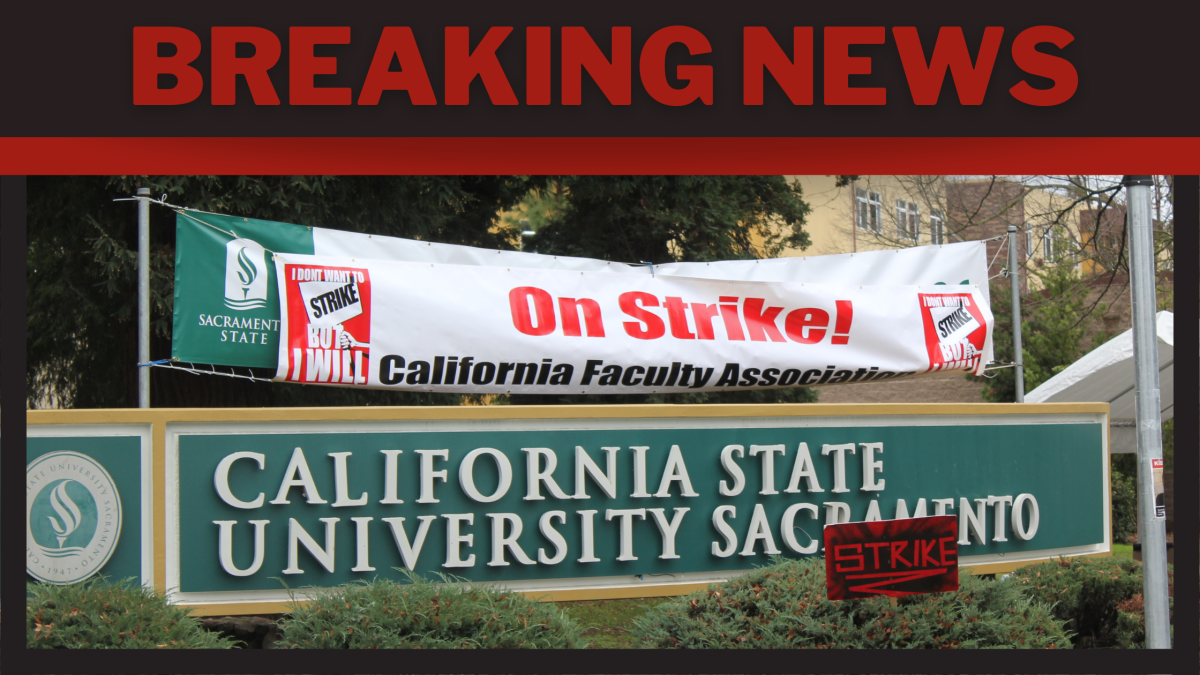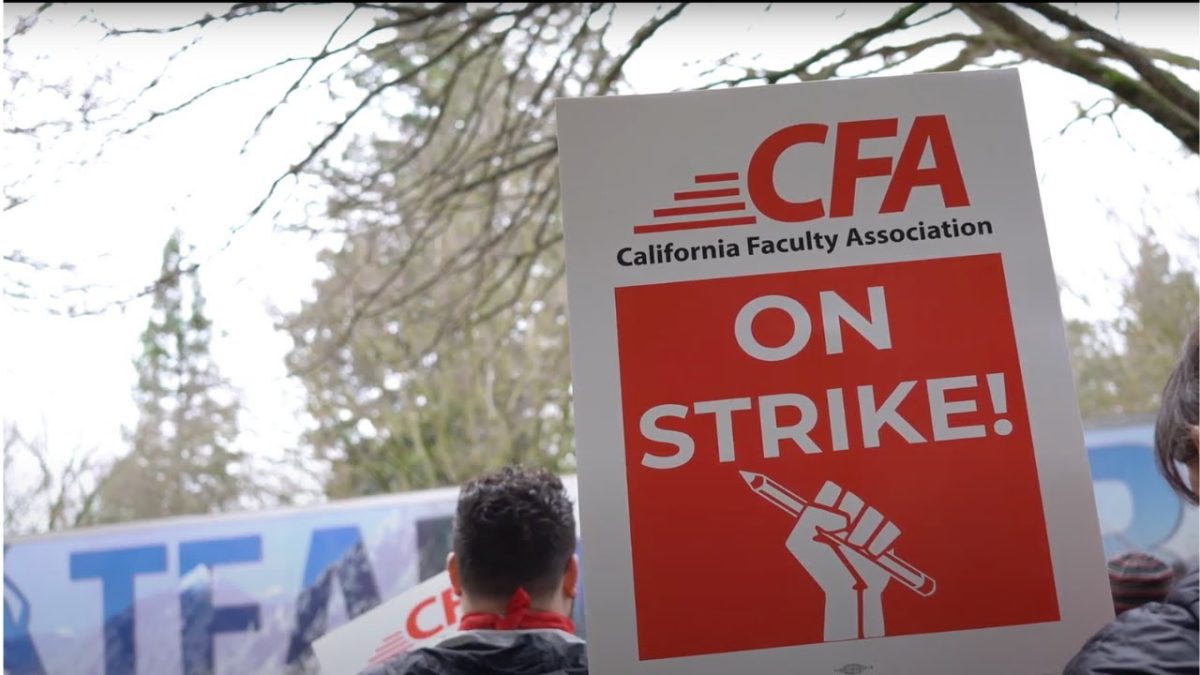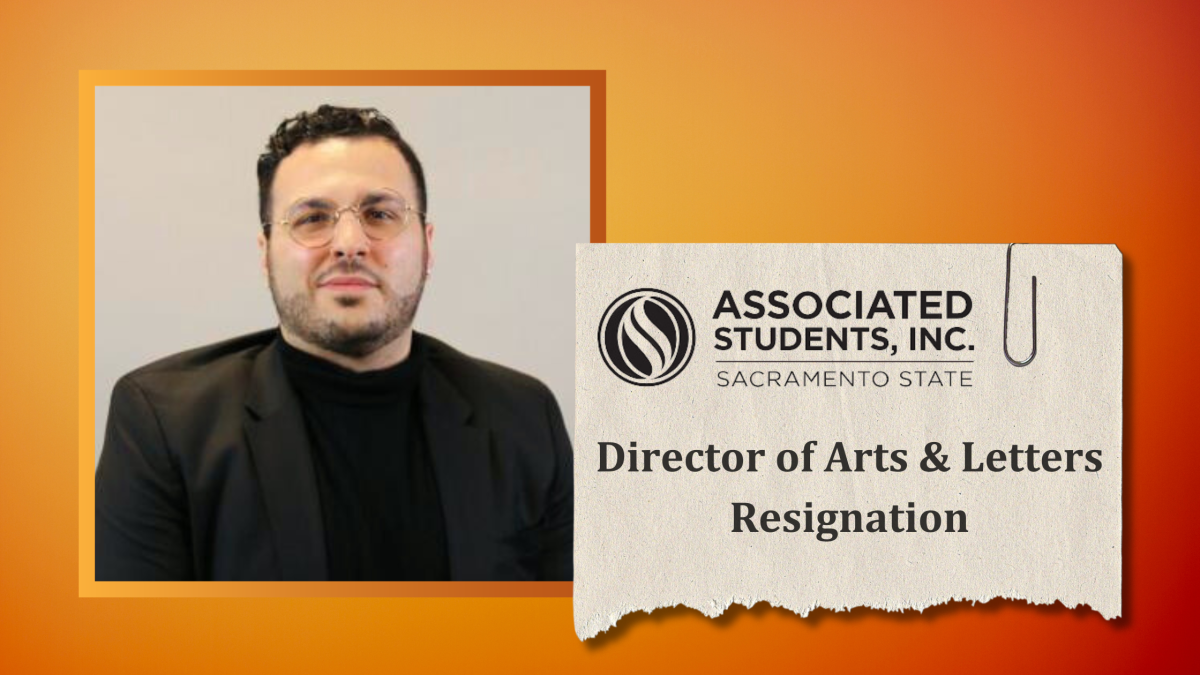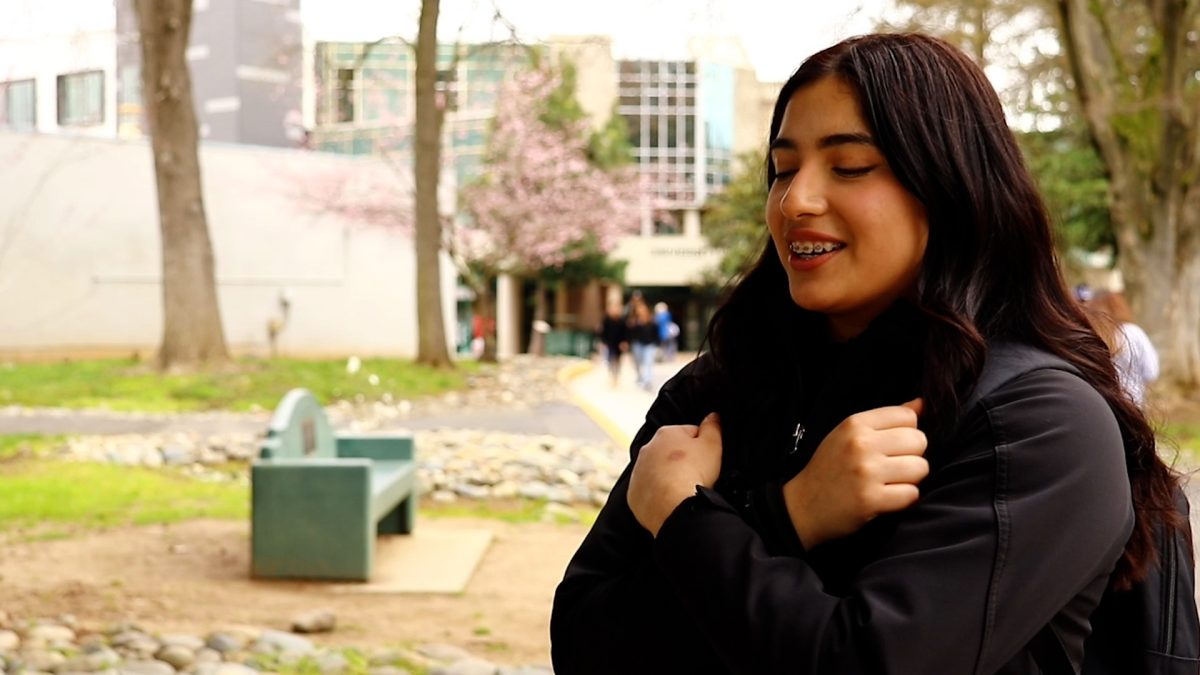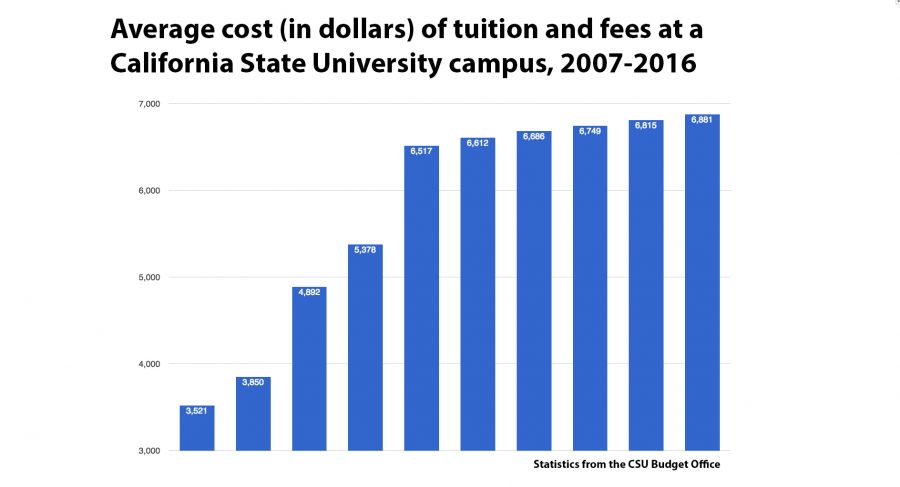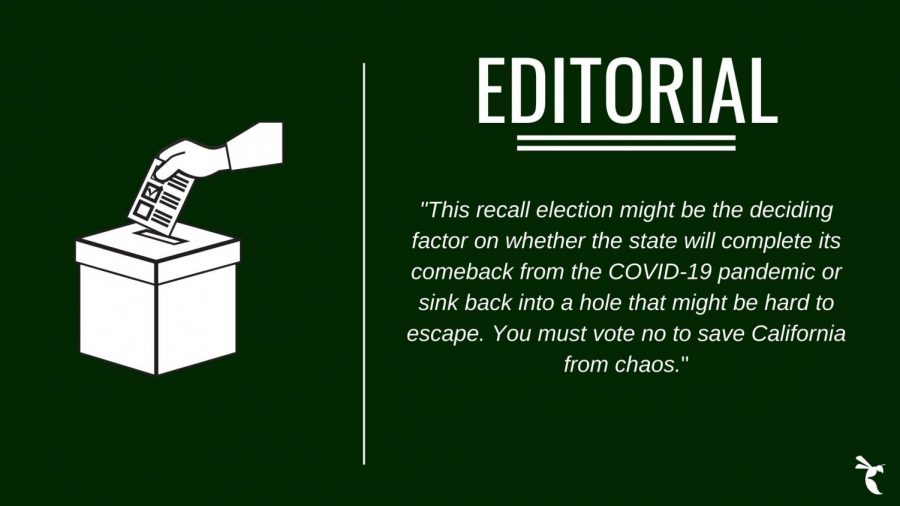A proposal aimed at decreasing college debt announced by California State Assembly lawmakers on Monday is a responsible way to handle the rapidly expanding problem.
The plan — which is being championed by Sacramento State alumnus and Assemblyman Kevin McCarty, D-Sacramento — would provide scholarships to cover the average annual cost of a California State University education, which is $21,000 per year including expenses beyond tuition.
The scholarship is contingent upon students working to help cover the cost. Students whose families make between $60,000 and $150,000 per year can still participate in the scholarship program, but would pay a portion of it depending on income level. Students whose family income is over $150,000 would not be able to participate.
The issue of college costs is not as simple as it is often portrayed. On the one hand, it is true that the widely touted high cost of a university can be a prohibitive factor for potential students whose families cannot afford immediate college expenses or who don’t want to be saddled with debt.
Americans owe more money in student loan debt than in credit card debt, according to Federal Reserve statistics.
On the other hand, “free” college presents problems of its own if the actual cost to the state isn’t kept down.
Having the state itself pay the bill wouldn’t necessarily make the total cost cheaper, and if Germany’s post-2014 tuition-free colleges are any indication, the lack of tuition would remove an important incentive for schools to deliver on their promises while keeping down administrative costs.
An added dilemma is that if “free” college is envisioned as a way to address economic inequalities, then it’s paradoxical that disproportionately poorer people who decide not to go to college, or who did not attend when they were younger, should have to pay taxes to support the disproportionately wealthier people who decide to attend.
What makes the assembly plan smart is that it attempts to address the prohibitively high costs of college without going so far as to exacerbate things further.
So, students from poor families get the full scholarship that even goes so far as to help with living expenses, but they’d have to work.
Middle class families would get the help they need, but those who could shoulder the full cost would have to.
And having people with the most money and potential political influence continuing to pay is good for the taxpayers in two ways: the poor wouldn’t have to subsidize the rich, and those paying tuition have incentive, means and opportunity to pressure schools to be cost-effective.
The assembly proposal doesn’t solve the underlying problem of the explosion in college costs over the past several decades. It does, however, provide a sensible way to address the systemic inequalities that the problem perpetuates.
So that California can continue to be the land of opportunity that brought so many people from around the country and the world here in the first place — and a potential example to the rest of the nation.






